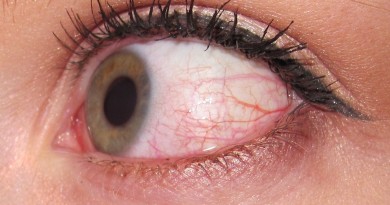Why is yawning contagious?
SHORT ANSWER
Nobody really knows – but it is widely thought to be related to empathy.
FULL STORY

It’s well documented that contagious yawning is found in humans, chimpanzees, dogs and other mammals. Despite a number of theories, the true reason for contagious yawning is simply unknown.
Study results vary but the most likely outcome to date has been that contagious yawning and empathy are linked. A 2003 study found that while spontaneous yawning can first be identified in the womb, contagious yawning could not be reliably identified until children reached at least the age of six. This suggests contagious yawning is a side-effect of an acquired trait, and indeed contagious yawning is notably reduced in those with autism or schizophrenia despite the same propensity for spontaneous yawning.
Despite what might then seem like an obvious link to empathy and a closed case, a 2014 study found such a link may have previously been exaggerated. The study of 328 volunteers found factors including empathy (and tiredness) had “little effect on contagious yawning susceptibility”. It said the wide variation in susceptibility to contagious yawning “suggests the existence of an underlying genetic influence”.
In the 2014 study it was noted that a subject’s age was the most important predictor of contagious yawning. “As age increased, participants were less likely to yawn. However, age was only able to explain 8% of the variability in the contagious yawn response,” researchers said. They concluded: “The vast majority of variation in the contagious yawning response was just not explained”.




